
The investigators created the largest known CAR-T atlas, with more than 800,000 cells in total, providing a new exploration into the phenotyping of T-cells.

The investigators created the largest known CAR-T atlas, with more than 800,000 cells in total, providing a new exploration into the phenotyping of T-cells.

Investigators have initiated the BASECAMP-1 trial of investigational agent A2B530 with the hope of identifying patients with advanced solid tumors who will be suitable candidates for treatment in a subsequent trial.
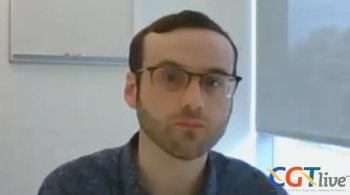
The investigators from Children’s Hospital of Philadelphia discussed the follow-up studies they are conducting in light of their recent findings regarding DNA virus replication.

Vax-CAR-T cells significantly suppressed tumor growth in mouse models in both smaller and larger tumors.
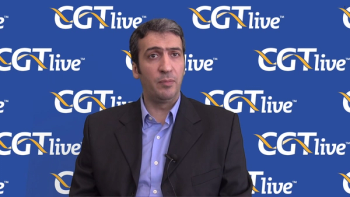
The assistant professor of stem cell transplantation at MD Anderson Cancer Center discussed updated data on ALLO-316 in patients with ccRCC.

Catch up on the latest news, breakthroughs, and announcements from biotechnology companies making advancements in cell and gene therapies.

The CAR-T therapy reduced disease progression risk by 74%, according to a data leak reported by STAT News. The data are expected to be presented on May 11 at the 2023 European Hematology Association Congress.
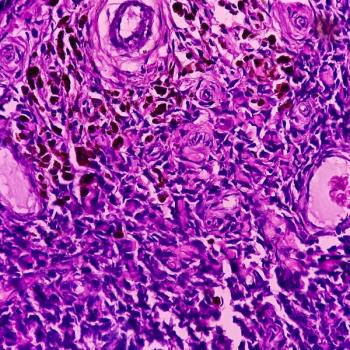
Recent data supported the TCR therapy’s pending BLA submission.

Among patients treated at the higher dose level in the investigator-initiated clinical trial, the objective response rate was 50%.
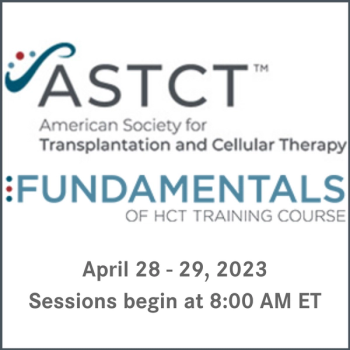
The course kicks off at 8 AM ET on Friday, April 28, 2023, and will feature talks on acute and chronic graft versus host disease, infection risk, vaccination, thrombotic microangiopathy, and maintenance strategies, among others.

The investigators from Children’s Hospital of Philadelphia discussed the potential implications of their research into human adenoviruses for the development of new gene delivery tools.

Next steps may include assessing AFM13 in combination with natural killer cells.

The assistant member at the Department of Biostatistics and Bioinformatics at Moffitt Cancer Center shared the potential implications of the findings he is presenting at the 2023 AACR annual meeting on proteomics and metabolomics.
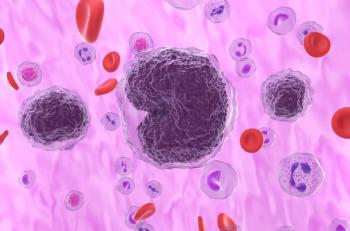
Among 11 treated patients, 8 achieved a complete response.

Infection rates in patients receiving omidubicel post-stem cell transplant were about 20% less than those in the control group.

The data warrant further evaluation of ALLO-316 in patients with confirmed CD70+ tumors.

The professor for human genetics and neurology at the University of Miami Miller School of Medicine discussed the rapidly changing landscape of diagnosing and treating genetic disorders.

All treated eyes had stable or improved MLMT scores at 6 or 9 months of follow-up.

In observance of International Pompe Day, held annually on April 15, catch up on the past year’s news and expert insights related to gene therapies in development for this rare disease.

CGTLive takes a look at recent progress in cell therapy development targeting solid tumors, featuring expert commentary on these advances.

Review top news and interview highlights from the week ending April 14, 2023.
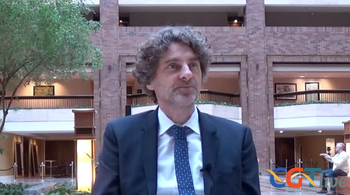
The professor for human genetics and neurology at the University of Miami Miller School of Medicine discussed past, current, and future approaches to diagnosing and treating neuromuscular diseases.

Cellectis noted that the allogeneic product was manufactured at its new in-house facility in Paris.

Matthew Gornet, MD, spine surgeon from The Orthopedic Center of St. Louis discussed data seen with IDCT cell therapy.

Vigil cell therapy previously showed some efficacy as a monotherapy in patients with ovarian cancer.

Catch up on the latest news, breakthroughs, and announcements from biotechnology companies making advancements in cell and gene therapies.

The professor for human genetics and neurology at the University of Miami Miller School of Medicine discussed the trend towards gene-targeted approaches in the neuromuscular disease space.

The CaMMouflage trial dosed its first participant in March 2023.

REGENXBIO’s RGX-202 previously received orphan drug and rare pediatric disease designations for DMD in late 2021 and early 2022, respectively.
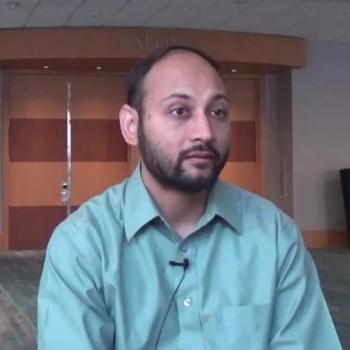
The assistant professor of medicine at Vanderbilt University Medical Center discussed the work that has been done in the field in the past 10 years and work that still remains to be done.